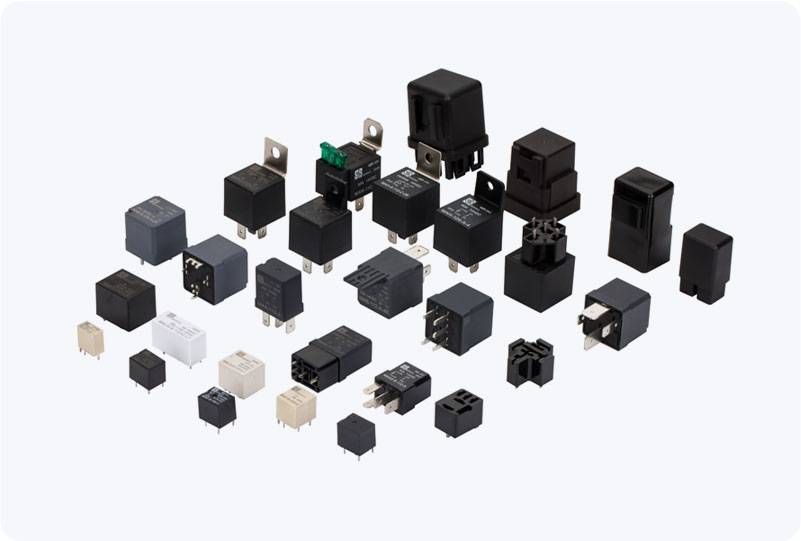Industrial relays are integral to the functioning of modern automation systems, offering control and protection for a wide range of electrical devices. Among the various types, the 24V DC Industrial Relay stands out due to its versatility, reliability, and suitability for low-voltage applications. This article explores the features, functions, and applications of the 24V DC Industrial Relay, highlighting its significance in industrial and commercial settings.

What is a 24V DC Industrial Relay? A 24V DC Industrial Relay is an electromechanical switch used in automation and control systems to manage the connection between a low-voltage control circuit and a higher-voltage load circuit. Operating with a 24-volt direct current (DC) supply, this relay allows systems to control equipment such as motors, lights, heaters, and other devices that require higher power, without subjecting the control circuit to the risks of high voltages. Relays work by using an electromagnet to open or close the switch, which can connect or disconnect the circuits. When the coil inside the relay is energized with the 24V DC voltage, it creates a magnetic field that causes the contacts to change states, thereby switching the connected devices on or off.